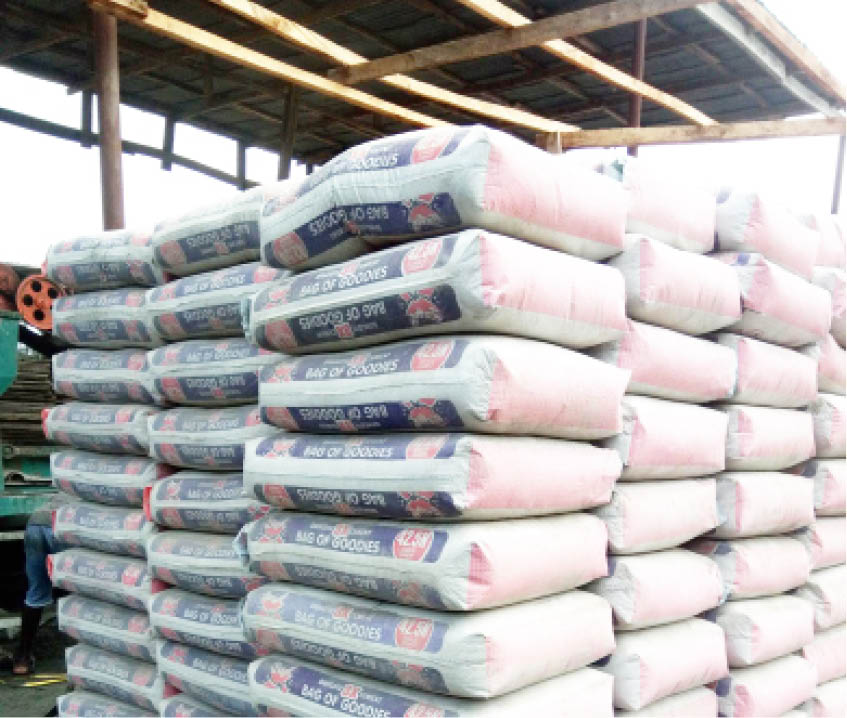Nigerians are expressing deep frustration over the rising cement prices in the country. This surge continues even after major manufacturers like Dangote Cement promised to cut costs.
A recent market survey shows that a 50-kilogramme bag of cement now sells for between ₦9,500 and ₦12,000 in many areas. Earlier in March 2025, the price had dropped to ₦7,800 after peaking at ₦15,000 in February 2024.
The continuous rise in cement prices has led to higher building costs and house rents across Nigeria. Many citizens are struggling to afford decent housing.
Speaking on the issue, real estate stakeholder Benjamin Udoka criticized the price hike. “It is painful that Dangote did not replicate his fuel price reduction strategy in cement. In some parts of Abuja, cement costs as much as ₦11,000 per bag. The government must act to control prices and reduce the burden on Nigerians,” Udoka said.
Maryam Abubakar, a resident of Dawaki, also called for immediate action to address the cement price increase in Nigeria.
Aliyu Wamakko, past national president and Board of Trustees member of the Real Estate Developers Association of Nigeria (REDAN), blamed the high prices on poor regulation and rising demand. “Cement consumption in Nigeria is higher than before. Basic economics shows that when demand exceeds supply, prices go up. About 70% of cement materials are sourced locally, yet prices remain high,” he explained.
Wamakko also noted that using cement for road construction adds more pressure to the demand. “The government needs to engage cement manufacturers as it did in March 2025 to reduce prices and ease economic hardship,” he advised.
Efforts to get comments from Dangote Group spokesman Anthony Chijiena and the Federal Competition & Consumer Protection Commission (FCCPC) were unsuccessful.
The National Bureau of Statistics (NBS) reported that Nigeria’s headline inflation fell to 22.97% in May. Food inflation is also declining. However, housing costs remain high. For example, the rent for a self-contained apartment in Gwarimpa, Abuja, has risen from ₦700,000 to ₦1.5 million per year.
President Tinubu’s 3,112-unit housing project, started in February 2024, has not been completed. Also, the Senate’s investigation into cement price hikes since 2024 has not produced any results.
The cement price increase in Nigeria continues to worsen the housing crisis. Many stakeholders believe urgent government intervention is needed to protect citizens and stabilize the construction sector.




